Hello, my name is David Ostrowsky and I am the author of the book Game Over or Game On? My book features stories of former professional athletes who have pursued other careers in retirement. I published my book with Mill City Press in February 2014. Here is a list of some of the most important self-publishing lessons I have learned through the process of writing, editing, publishing, marketing, and selling my book. I’m sure I don’t cover everything, but here goes…
There Will Always Be Another Holiday Season
In sports terms, I was a “rookie” in 2013, writing and publishing my first book. I made a lot of rookie mistakes and probably the biggest one was rushing to get my book published by the holiday season. What a mistake. I should have heeded my wife’s advice to not care about when the book was released. I stubbornly had in mind throughout most of 2013 that I had to get my book out by Thanksgiving. (My book eventually came out February 4th.)
Lesson learned was that there is a holiday season every year. Yes, I sell more books mid-November through Christmas, probably more than any other time of the year. But it does not matter when your book comes out; there will be a buzz in any month of the year. And yes, there are more opportunities for sales when November rolls around. Also, as my intelligent wife pointed out, it’s very easy for your book to get lost in the holiday shuffle.
Take Your Time Writing and Editing
I cannot overstate the importance of making sure your book is professionally edited. No one can edit his or her own work. You can look at it hundreds of times and not catch things. It’s hard to explain the feeling of knowing that the public is reading your work and seeing your face on the back cover. You want to make sure it is as close to 100 percent perfect as humanly possible. It’s especially true with a nonfiction book such as mine; there are thousands of facts and spellings you want to check. By the time you submit your manuscript, several sets of eyes should have looked it over, and you should feel it’s perfect.
Self-Publishing Can Be Profitable
Like many writers, I loved my subject, but I also wanted to make sure that I could make it work financially. It has—to a degree.
Yes, there is the occasional self-published writer whose work just takes off, and they sell millions and make millions. If it were that easy for most writers, there would be a lot of new writers in the future.
Since most people don’t sell millions, I have been very pleased to have sold enough copies of my book on a monthly basis so that I could have spending money and pay small bills from my book sales.
But …You Have to Make It Profitable
I could not agree more with the idea that self-publishing a book is like starting a business. If you want to make sure people other than your friends, relatives, and co-workers are reading your book, I have two pieces of advice: get creative and make sure you have thick skin.
With hundreds of thousands of books in the marketplace, you have to find innovative means for getting the public’s attention. A general rule of thumb is get to places where there is a lot of foot traffic. Yes, the overwhelming majority of passersby may not be interested, but eventually you will get sales—maybe not as many as you would like. But don’t give up. Trust me, it can happen. Remember, no one is going to do it for you, unless you hire a publishing company’s marketing service or your own publicist.
Try to remember that even traditionally published authors have to market their own books in the publishing industry today. It’s just reality and you cannot think you’re done the day your book is published and that the royalties will start flowing in. My book has been out for two years and I am still doing several promotional talks and events per month while spending 15-20 minutes per day marketing online.
Publishing a Book Is Worth It
I tell everyone—if you have an idea you are passionate about writing and have realistic financial goals, go for it! It’s a good idea to have a goal in mind for how many sales you would like in the lifetime of your book (mine is 5,000 and I have been fortunate to inch close to 30% of that goal). That way you also can measure how much money the book has earned—at least approximately.
And lastly, some moments you can’t measure with dollar signs. Last year a colleague at work came to me and said he saw my book on the local FOX News channel. I thought he was teasing me. Nope. I went back on the network’s past footage and saw a Northeastern Sports Management Professor being interviewed with my book clearly on his credenza. Best part was I didn’t know who he was. Somehow he got hold of it.
Again these are just some of the things I learned and in no particular order of importance. Hopefully people find them helpful!
 “David Ostrowsky tells you what happens to professional athletes after the cheering stops.” – Dan Shaughnessy, Boston Globe
“David Ostrowsky tells you what happens to professional athletes after the cheering stops.” – Dan Shaughnessy, Boston Globe
Game Over Or Game On: How Pro Athletes Leave Sports and Enjoy the Game of Life provides an account of how various pro athletes from the past several decades have made contributions in the fields of entertainment, business, politics, community service, coaching, management, and broadcasting upon retirement. After all, the stigma of pro athletes struggling financially and emotionally is not always applicable.
Author David Ostrowsky focuses on the stories of athletes who have leveraged their resources, money, fame, and time for having a positive influence in their respective endeavors. Some of the athletes profiled include: David Robinson, Dikembe Mutombo, Steve Finley, Scott Brosius, Butch Hobson, Tony Amonte, Dontrelle Willis, Dolph Schayes, Ron Mix, Kevin Johnson, Warrick Dunn, Shawn Kemp, Mo Vaughn, and Kellen Winslow, among others.
David Ostrowsky is a Brandeis University graduate who currently lives with his wife Lauren in Natick. He has written for the Metrowest Daily News, Jewish Advocate, and Patriots Gameday magazine.
You can find David’s book on Amazon.
Discover more from Mill City Press
Subscribe to get the latest posts sent to your email.




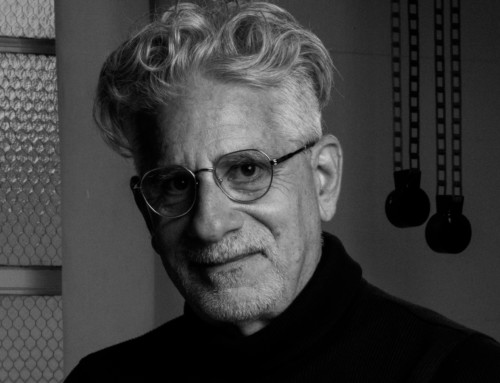

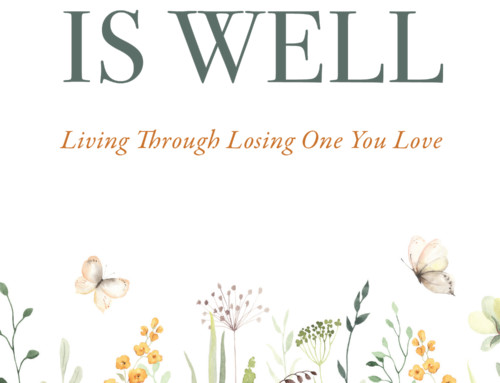


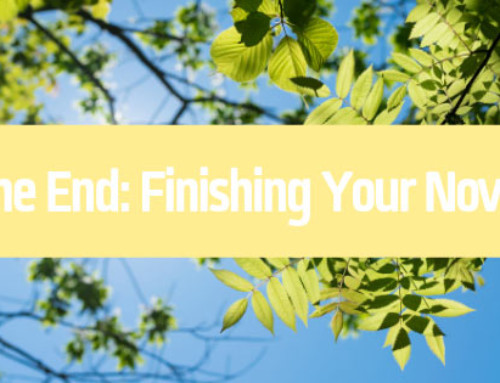
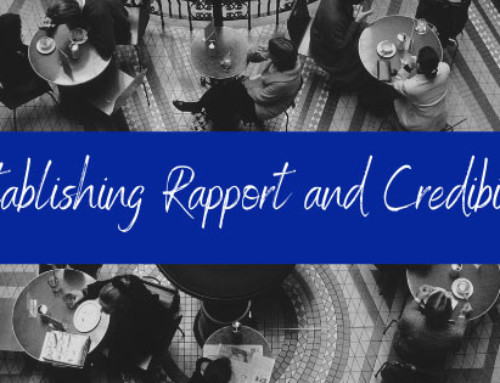

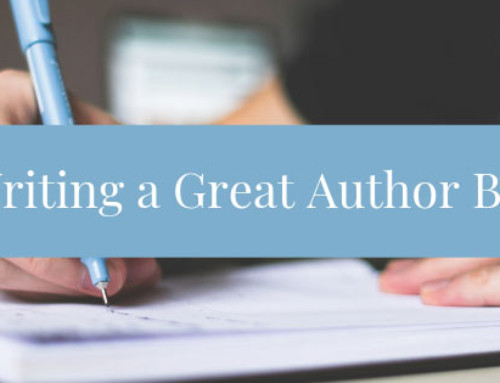

Leave A Comment